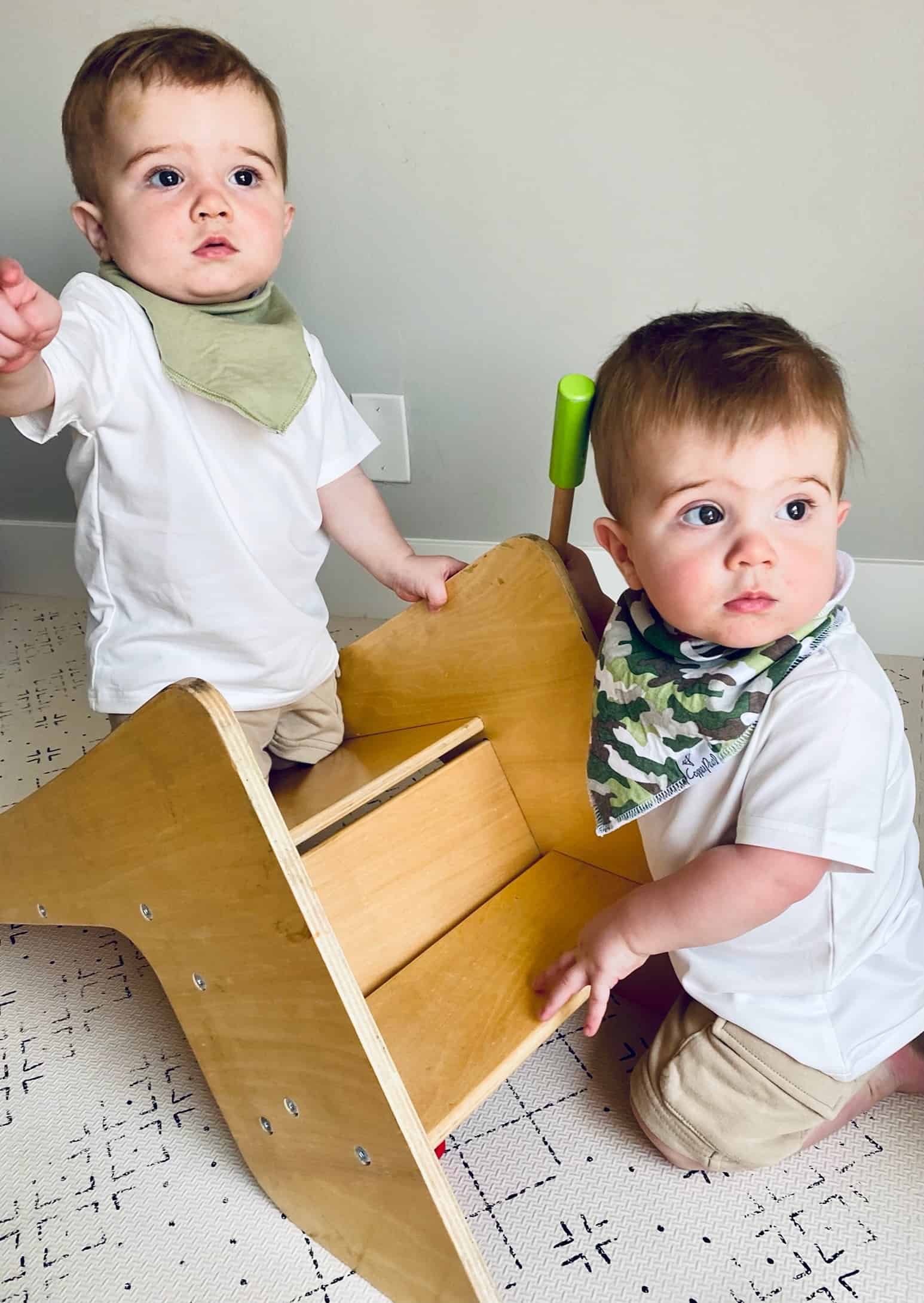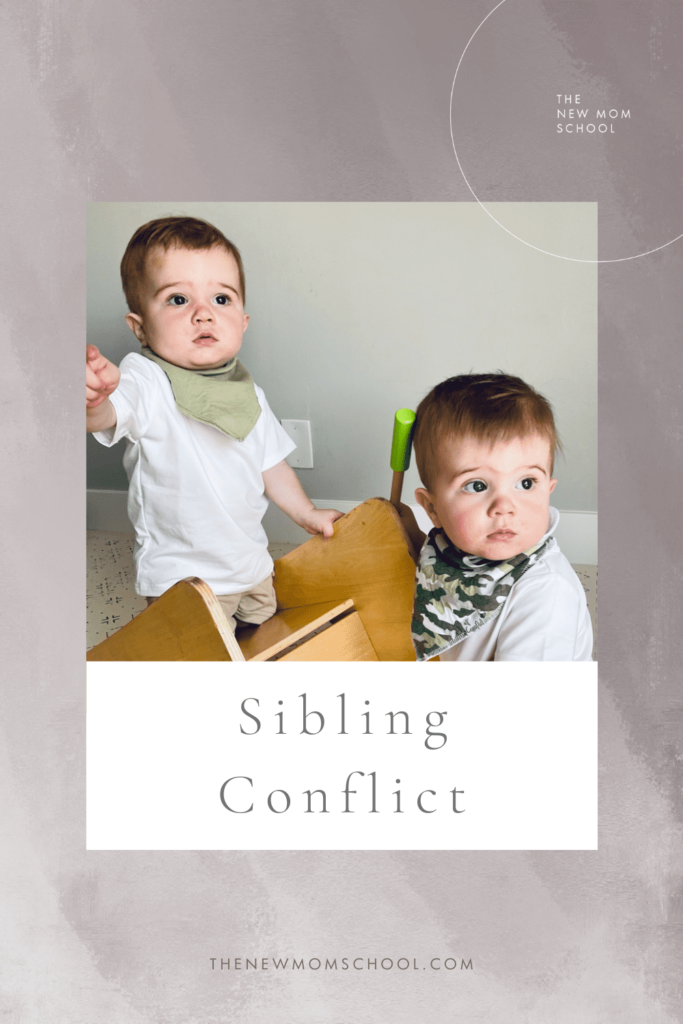Avoiding all sibling rivalry in a family may be an impossible task. Every sibling relationship will have its share of resentment, envy, and differences of opinion. Living in a family and learning to get along can be challenging. Helping children bond and build their relationships takes time.
At the heart of sibling conflict is the reality that it is hard for children to share their parents. With the addition of a new sibling children feel the family’s emotional resources become limited and they now need to compete for a parent’s attention, affection, and time. According to Dr. Laura Markham, “Once you are aware of this primal competition the single most important antidote to sibling rivalry is that each child must be convinced from their daily experiences, that no matter what their sibling gets, there is more than enough love, attention, and appreciation for them. Once children live and believe this sibling rivalry softens and love has a chance to bloom.”
Here are 10 important things to consider when fostering a sibling friendship:
- Each child wants to be known and loved as an individual. Children want to be loved for their unique qualities and characteristics. They don’t want you to love everyone equally. Consider what makes each of your children unique and point out special things that you notice about each of them individually.
- Create strong bonds with each child. Consider how you respond to each of your children’s needs. Spend one-on-one time with each child individually. Connect with them in a way that really resonates with them and makes them feel loved. It does not need to be for long periods of time, but it must be meaningful. Think quality over quantity of time.
- Monitor and regulate your own emotions. Remain neutral when conflicts arise. Realize that both children need support and solutions for working out the problem.
- Allow big feelings. Rather than using logic or reasoning to convince them otherwise, give your child permission to express frustration, anger, and even wishes to “send the baby back.” Empathize with their big feelings and join them in their experience.
- Intervene if necessary. Your kids may be too young or too inexperienced to “work things out” on their own. Initially, you will need to step in to help them find alternate ways to work out the problem. Over time they will be able to work through conflict independently.
- Work toward teamwork. Rather than creating competition (example: who can get their shoes on fastest), find opportunities for your kids to support and encourage each other. Helping each other, giving hugs, drawing pictures, etc. are helpful ways to build bonds between siblings.
- Respect Boundaries. Learning to respect boundaries is something all children must learn in order to have successful relationships with others. Teach your kids to respect the personal boundaries of their siblings and give them space when they ask for it. Allow time f older child to play independently and not always with a younger sibling.
- Don’t force sharing. Sharing is learned as children’s social, emotional, and cognitive development increases. Adjust your expectations accordingly and recognize that that it is reasonable that children will always have some toys they do not want their siblings to use.
- Don’t Compare. Stop comparing your children with each other. No two children are the same. Children will develop at different rates and have different strengths. Comparing children to their siblings lowers self- esteem and invites sibling competition.
- Take care of yourself. Don’t undervalue your efforts and time invested in helping your children build a special friendship. You are in this for the long haul and the day in and day out work of parenting can leave you feeling trapped, exhausted and depleted. Think how can you arrange your schedule where you give yourself permission to take time off so you can refuel emotionally and physically. You need to be able to go the distance.
Sibling rivalry is a concern for almost all parents with two or more children. It is frustrating and stressful to parents but it is important to remember that sibling conflict is normal. Every family will have their share of squabbles and bickering. Remind yourself this is not an emergency and work to stay calm so you can support your kids through their difficulties without adding fuel to the fire. When you handle sibling conflict calmly and with fairness everybody comes out on top.
Your parenting counts!


